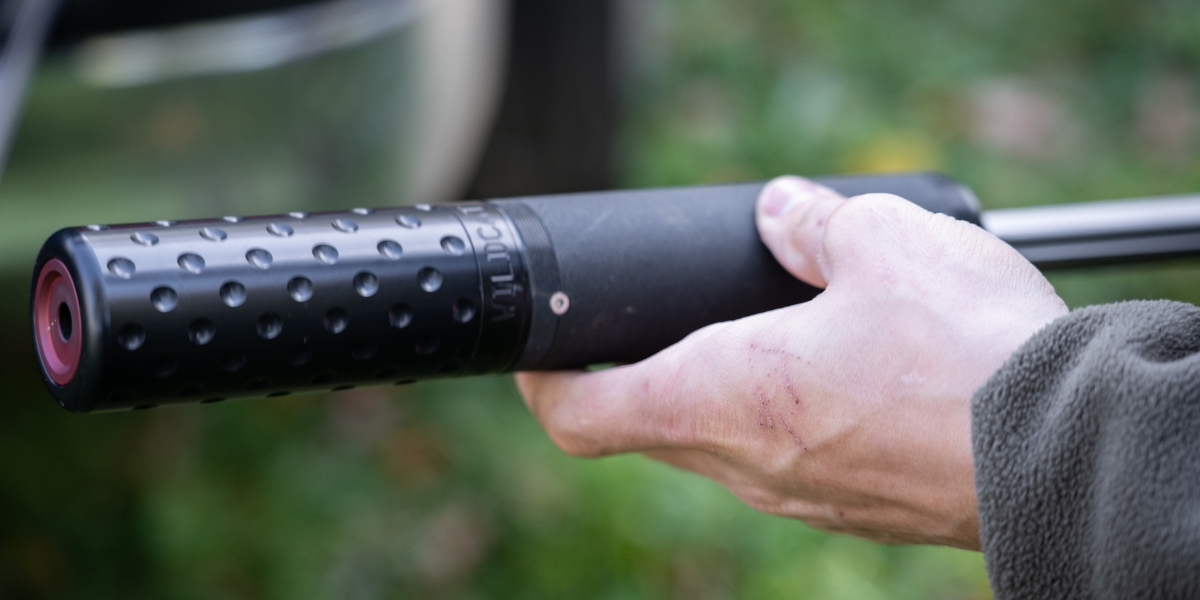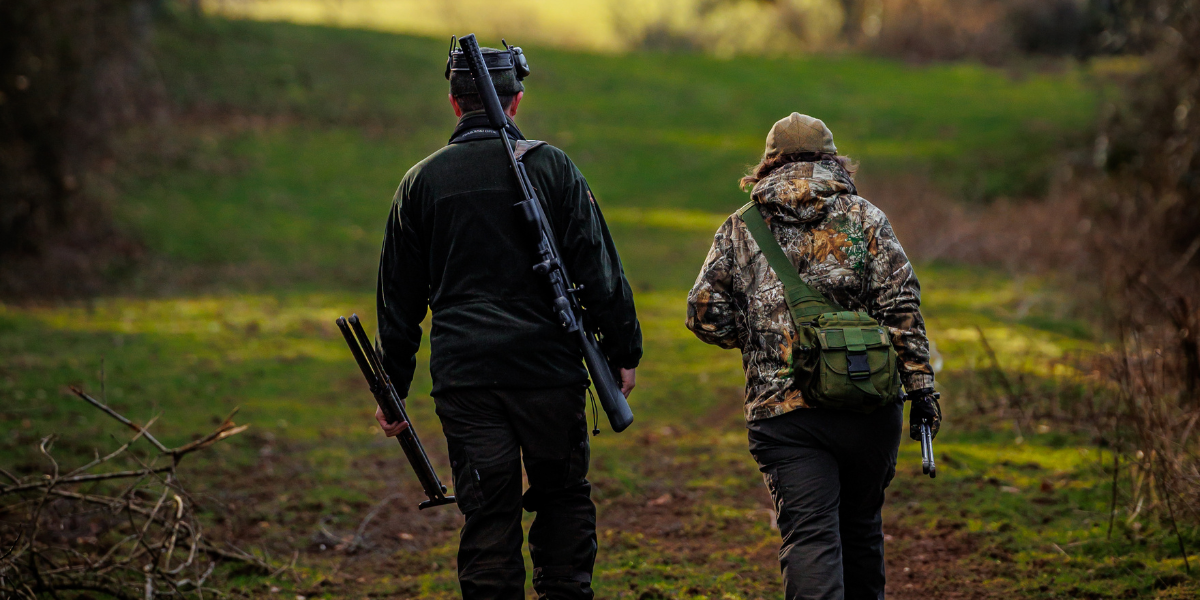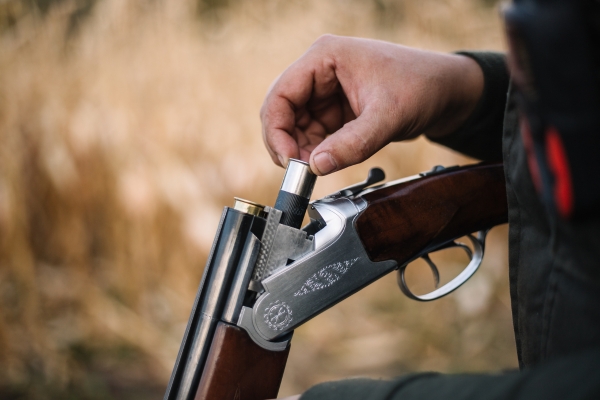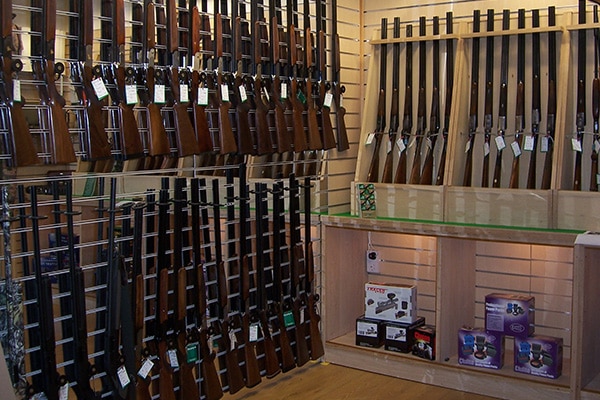
Challenges for shooting in animal welfare shake-up
Read Conor O’Gorman’s blog following the inclusion of plans for new animal welfare legislation in the Queen’s speech in parliament yesterday.
Get information on the legal shooting season for mammals and birds in the UK.
Apply for funding for your project or make a donation today
Comprehensive information and advice from our specialist firearms team.
Everything you need to know about shotgun, rifle and airgun ammunition.
Find our up-to-date information, advice and links to government resources.
Everything you need to know on firearms law and licensing.
All the latest news and advice on general licences and how they affect you.

Following the government announcement in June that sound moderators will be removed from firearms licensing controls, we answer some of your questions on the changes.
Following a longstanding campaign by BASC and others, on 17 June the Government announced it will be removing sound moderators from firearms licensing controls.
Section 57(1)(d) of the Firearms Act 1968 currently includes sound moderators in the definition of firearms as: ‘an accessory to a lethal barrelled weapon or a prohibited weapon where the accessory is designed or adapted to diminish the noise or flash caused by firing the weapon’.
Deregulating moderators is a long overdue common-sense approach that will significantly reduce police workload on firearm certificates, given that for the last decade around a third of the circa 600,000 firearms covered by a firearm certificate in England and Wales were sound moderators.
When will the change in law take effect?
Implementation requires a legislative opportunity to table amendments to the Firearms Act 1968 when parliamentary time allows. We will keep lobbying for the changes to be timetabled.
What happens next?
At a Home Office ministerial meeting on 24 June with BASC and the British Shooting Sports Council (BSSC), it was agreed that we would meet officials to discuss various technicalities arising from the consultation outcome. Please bear this in mind in relation to the some of the caveated answers below. When we have confirmation on various technicalities, we will update our information.
What will happen to the sound moderator slot on my ticket? Can I repurpose it for another firearm or will I just lose it?
We expect that those slots will be obsolete, as they were for moderators not rifles.
Will I need to post my ticket in for sound moderators to be taken off? Is there any cost involved?
We expect that there will be no need to do anything until your next renewal.
Will there be a limit of how many sound moderators can be owned?
We expect that there would be no limit on how many sound moderators can be owned as they should not be subject to firearms licensing controls.
Will you still need to dispose of sound moderators through an RFD?
We expect that sound moderators would no longer need to be disposed of through a RFD as they should not be subject to firearms licensing controls.
How will this affect people who have sound moderators for shotguns and sub 12ft-lb air rifles?
We do not expect this to affect ownership of sound moderators that are currently not subject to firearms licensing controls, such as those being used for shotguns and sub 12ft-lb air rifles.
Changes in law will be needed in Scotland as sound moderators are included in the definition of an ‘air weapon’, under Scotland’s devolved airgun licensing regime.
Will flash-hiders also be deregulated?
We expect that flash-hiders would also be deregulated.

Will sound moderators still need to be securely stored in line with Home Office guidance?
We expect that once sound moderators for FAC holders are removed from firearms licensing controls, you may store them as you wish, the same as any other unlicensed accessory.
Will online sales of sound moderators be allowed?
We expect that once sound moderators for FAC holders are removed from firearms licensing controls, their sale online will be allowed.
I am told that sound moderators need to be proofed, is that the case?
No, sound moderators do not need to be proofed.
Find expert guidance on firearms law and licensing on our advice hub here.

Read Conor O’Gorman’s blog following the inclusion of plans for new animal welfare legislation in the Queen’s speech in parliament yesterday.

If you have renewed your certificate or applied for a grant in the past two years, complete the HMICFRS firearms licensing survey by 5 December.

Martin Parker, former chief scientist at the National Ballistics Intelligence Service, has been appointed as BASC’s new head of firearms.